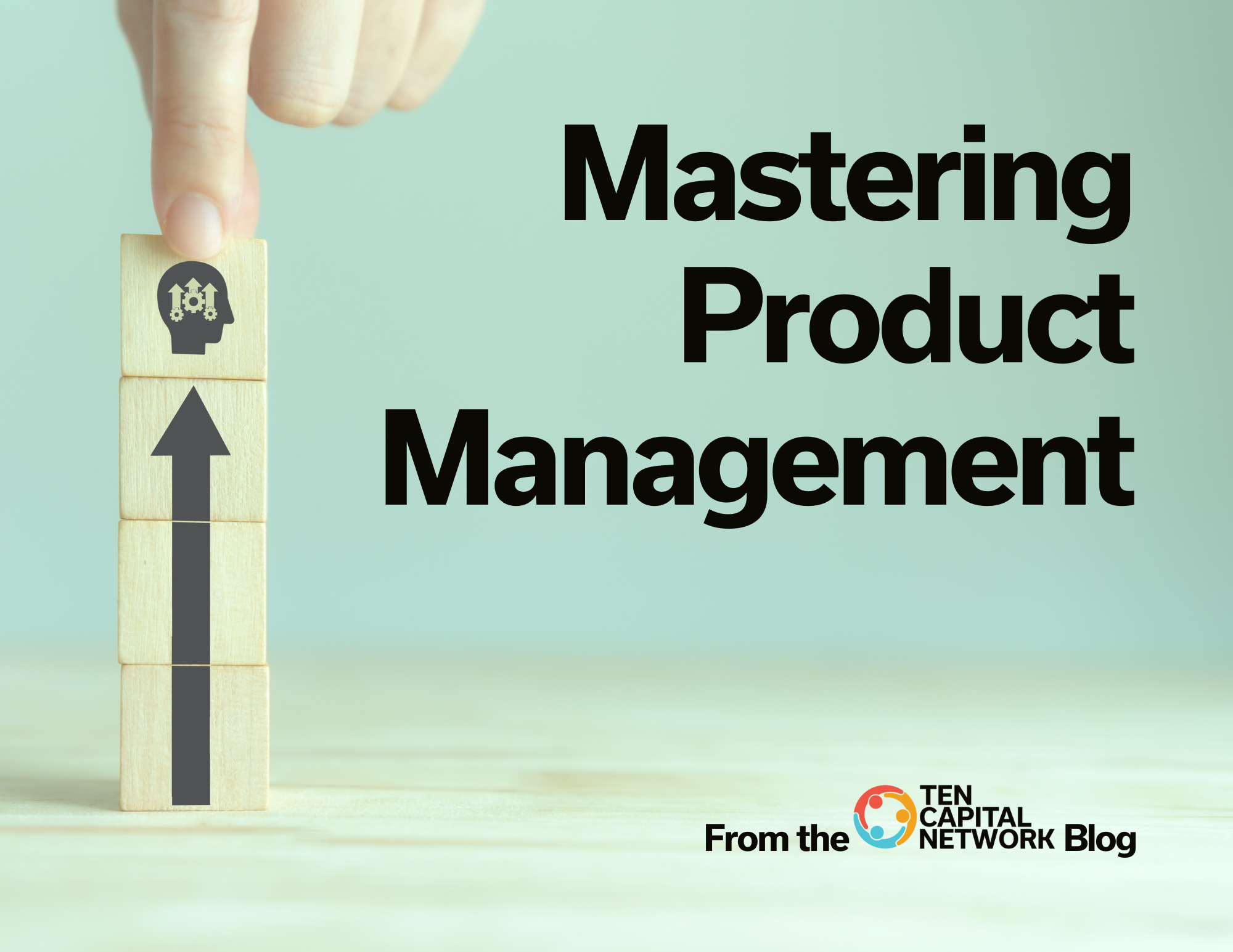2 min read Deal flow is key to successful startup investing. It can take a substantial amount of time for the startup investor, so it’s important to build a strong process for managing it. A well-structured and organized deal flow lead to maximum efficiency for the startup investor. In this article, we will learn how to set up deal flow, how to organize it, and how to automate the process
How To Set Up Deal Flow
Start with these key steps for running deal flow:
- Set up a deal flow source with angel groups, venture funds, online portals, and others.
- Capture key deal information into a software tool.
- Run an initial screen to see if a deal meets your criteria- have 3-5 key points to check.
- Set up a first call to find out more details. Update the deal flow software with the results.
- Set up a partner meeting to review the deal with others in your fund, syndicate, or network.
- Negotiate valuation and terms.
- Perform diligence on the deal.
- Close the investment.
- Set tasks and reminders for ongoing follow-up and reports.
In each step, capture the results into software. Ask the following questions to aide in this process:
- Which sources gave you the best deals?
- How much time did the calls take to capture the necessary information to decide?
- What key factors died the startup need to go all the way through to funding?
After anaylysis, update your process to screen out details that wont make the cut.
How To Organize Your Deal Flow
It’s important to keep your deal flow process organized and efficient. Below are some poiters on how to keep your deal flow well organized:
- Set up a separate email for deal flow and use it to capture deals from websites, social media, and other sources. Have everyone on the team send any new deals to that email address.
- Take all submitted deals and place into a CRM with contact information, sector, stage, and other key information. Update that record with the deal status and next steps.
- Create a series of follow-up emails to send to those in the deal flow pipeline such as how your deal flow process works and when to expect a follow up.
- Develop a process for screening the deals for basic criteria and send “pass” notices to those deals that don’t meet them. Set up calls with those that meet the criteria to qualify them and move them through your standard process.
- Run reports to understand the deal flow and how well it is providing quality deals.
- It’s important to review your successfully funded deals for key information so you can prioritize those deals for follow up.
How to Automate the Deal Flow Process
When your process is well organized, you can automate to achieve maximum efficiency. Some key pointers to help you automate the process include:
- Standardize the information you collect by using forms on the website.
- Capture referral partners or sources so you can measure the results.
- Collect the startup submissions to run metrics and track progress.
- Use well-structured data sets so you can apply automation tools for analysis and data pulls from other platforms and software applications.
- Set up search tools to look up the founder and company to provide background information.
- Maintain a filled-out dataset to enable running reports on trends on the deal flow such as sector, stage, and fundraise amount.
- Capture information from online databases such as Crunchbase and other tools to fill out more details.
Feel free to try out our calculators and contact us if you would like to discuss your fundraise: https://www.startupfundingespresso.com/calculators/

Hall T. Martin is the founder and CEO of the TEN Capital Network. TEN Capital has been connecting startups with investors for over ten years. You can connect with Hall about fundraising, business growth, and emerging technologies via LinkedIn or email: hallmartin@tencapital.group.





